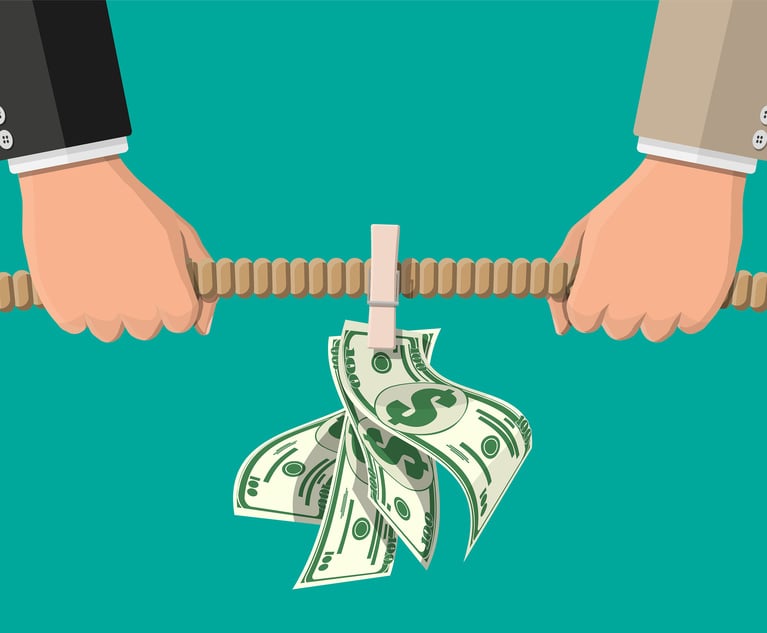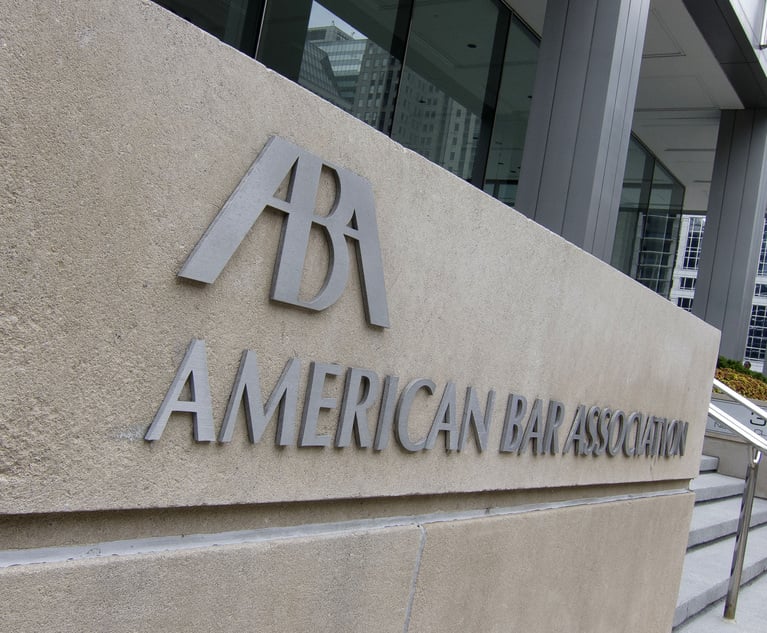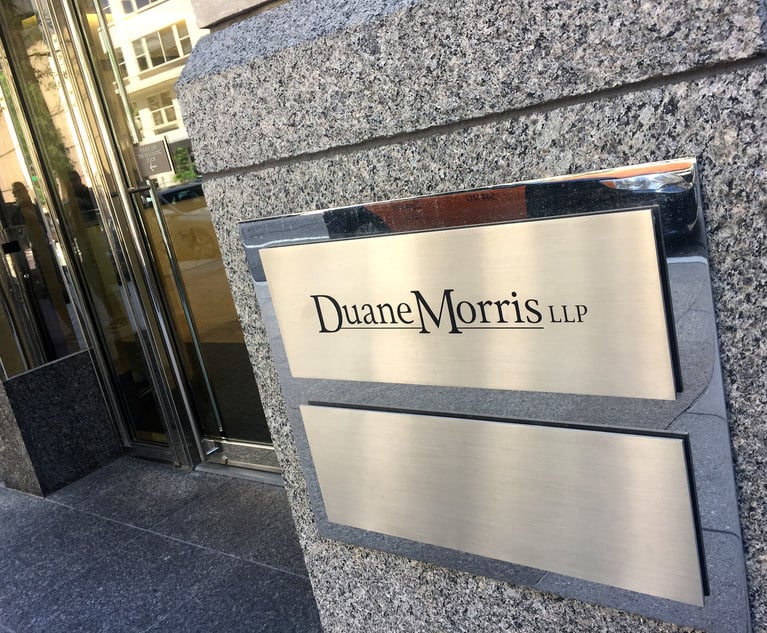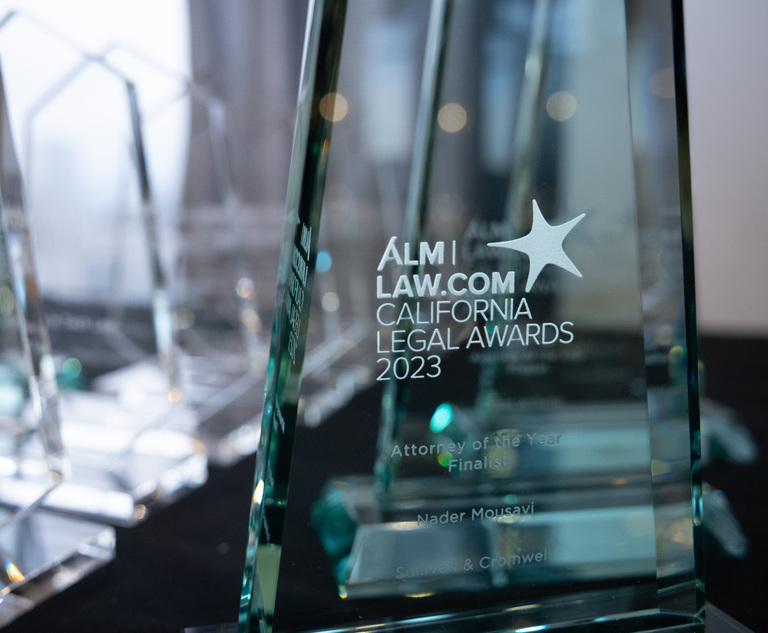New York on Friday became the first jurisdiction to officially postpone the July bar exam, clearing the path for others to follow suit, including Massachusetts and Connecticut, which both announced Monday that they will also postpone the exam to an as-yet-undermined date in the fall.
Those announcements come after the National Conference of Bar Examiners, which develops the test, said last week that it will offer a separate exam in the fall for jurisdictions that can’t or don’t want to move ahead with the test in July amid the coronavirus outbreak.
The move to fall bar exams is distressing many law students, who fear additional postponements and cancellations if the COVID-19 pandemic drags on as some public health officials predict. Those changes could put their professional future on hold for the foreseeable future, they say.
“We’re pretty petrified,” said Nicole Buckley, a third-year student at the City University of New York School of Law. “I have friends from all different law schools, and pretty much every one is in the same boat. The decision to cancel the July bar exam is devastating and really detrimental to all of us—whether it’s because we were relying on bar grant money for funding for the summer, or for prospective employment.”
Buckley, like many graduating law students, favors an emergency diploma privilege that would allow graduates of American Bar Association-accredited law schools to be admitted without taking the bar. That option would quickly alleviate the uncertainty that third-years are grappling with and allow them to move forward with their professional plans, Buckley noted.
Law students in New York, Florida, California, the District of Columbia and other jurisdictions have circulated petitions and open letters to bar examiners, urging them to go the emergency diploma privilege route. A group of legal educators last week kicked off the diploma privilege push with a paper that recommended it as a practical way to deal with attorney licensing at an unprecedented time.
“The mistake is to assume that an exam will be possible in the fall,” said Ohio State University law professor Deborah Jones Merritt, one of the paper’s 11 authors. “There is a significant chance that exam-takers will study intensively for a fall exam only to have it canceled a week or two before it is offered [due to subsequent waves of infection.]”
Moreover, it’s unfair to compare the bar results of this year’s graduates to previous classes, given the additional stresses and responsibilities they are dealing with right now, said Touro College Provost Patricia Salkin, another of the paper’s co-authors.
“It will be unfair to equate the grading on this exam given all of the inconsistencies,” Salkin said. “As businesses are using force majeure and acts of god to justify reorganizations, we need to accept that this is a colossal disruption that calls for humanity and reasoned alternatives to the bar exam for the class of 2020 that will allow them to enter the profession.”
New York’s decision to delay the exam may also prompt a rush of third-year students in the state signing up for the July test in other jurisdictions that use the Uniform Bar Exam, hoping that those states will move forward, noted CUNY Law Dean Mary Lu Bilek. The UBE allows test takers to transfer their schools to any UBE jurisdiction and be admitted without having to take that state’s bar.
But it seems, at least initially, that jurisdictions are favoring postponement over bypassing the test altogether. The New York Court of Appeals did not offer any explanation of its decision to postpone the exam—beyond the inability to safely administer the test in July—when it announced the delay Friday.
That decision came before the State Bar of New York’s Task Force on the New York Bar Examination issued any recommendations, said chairman Alan Scheinkman, a state court appellate judge. But the task force had independently reached the conclusion that postponement is the best course of action, he said in an interview Monday. The task force considered an emergency diploma privilege and dismissed it.
“For one thing, there are about 15% of first-time test takers who do not pass,” Scheinkman said. “In this current year, where a lot of schools have gone to pass/fail courses, we would be very concerned about admitting people who have not shown a minimum degree of competency.”
The task force is recommending that New York’s fall bar exam be held as closely as possible to Labor Day, he added. That would mean a relatively short six- or seven-week delay for law students, allowing them study over the summer, Scheinkman said. Plus, it would allow them to get the exam out of the way before they start their jobs in the fall.
The task force is also thinking through alternatives should a bar exam still not be possible in the fall, he said. If the test is delayed further, the group recommends expanding New York’s student practice order program, which allows law students and some graduates to practice in government or legal aid settings under the supervision of a licensed attorney. It should be expanded to allow graduates caught in limbo to also practice in private settings, Scheinkman said.
But he cautioned that law students should relax because the state will find a way to enable them to be admitted, even if it comes with a delay.
“People are dying and losing their jobs,” he said. “This is a hardship, but we will get through it.”
Monday’s order from the Massachusetts court system also alludes to the possibility that a fall bar exam may not be possible.
“In the event that limitations on large gatherings continue to interfere with a fall administration of the Massachusetts bar examination, alternative means for testing of applicants for Massachusetts bar admission will be devised and announced,” the announcement reads.
Buckley said that she and other students will continue to organize and lobby the New York State Court of Appeals to adopt an emergency diploma privilege program.
“I know the Court of Appeals is worried about it because it sounds like it’s too easy,” she said. “But the route of going through emergency diploma privilege still requires you go through a required course [of legal education]. It would allow students to stay on the timeline of being able to get a job by the end of the summer. It would relieve a lot of the economic, personal, and emotional burden on every student who is planning on taking the bar in July.”
NOT FOR REPRINT
© 2024 ALM Global, LLC, All Rights Reserved. Request academic re-use from www.copyright.com. All other uses, submit a request to [email protected]. For more information visit Asset & Logo Licensing.

 Photo: Shutterstock.
Photo: Shutterstock.








